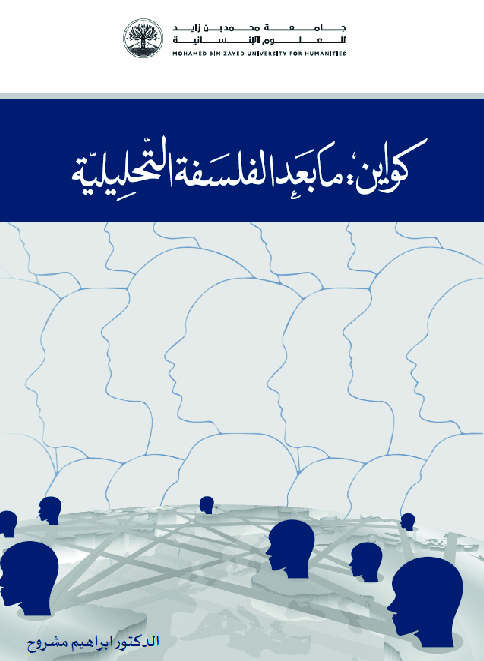This book explores the significance of semantics and the philosophy of language in the thought of Willard Van Orman Quine (1908–2000), a philosopher, logician, and mathematician who is considered one of the leading figures in contemporary American philosophy. Quine’s philosophy is distinguished by a critical spirit that shaped most of his positions on philosophical issues debated by modern philosophers. He scrutinized the methods of analytical philosophy and undermined the claims of logical empiricists, paving the way for what we consider a post-analytic philosophical stance.
Quine’s semantic-logical propositions covered various philosophical domains, including the philosophy of language, logic, and science. Therefore, we have structured this work according to these fields. The first volume, which is currently in hand, examines Quine’s critique of semantic issues that gave rise to his philosophy of language—an essential foundation for his logical, philosophical, and scientific claims. The subsequent volumes will successively address his philosophy of logic and philosophy of science.



